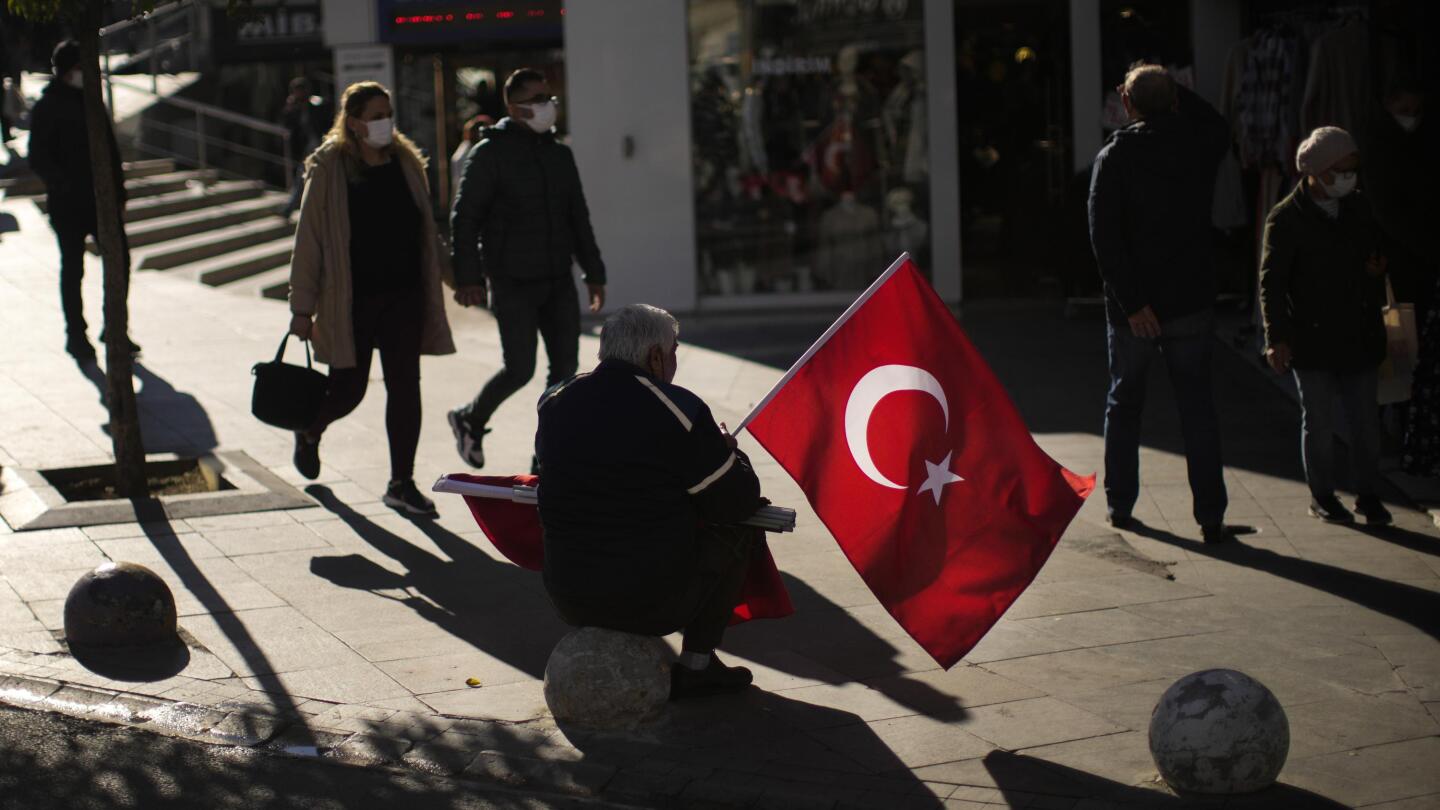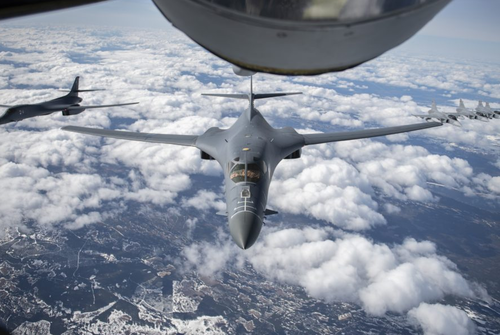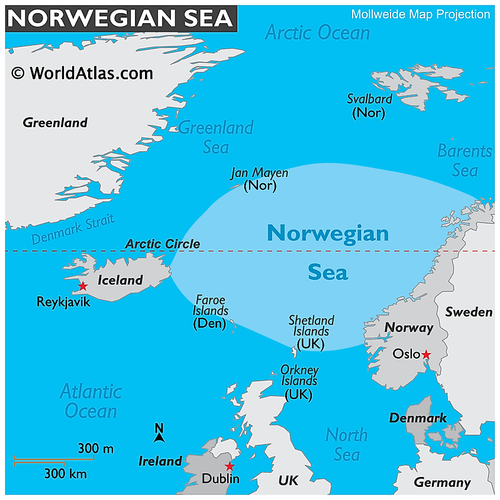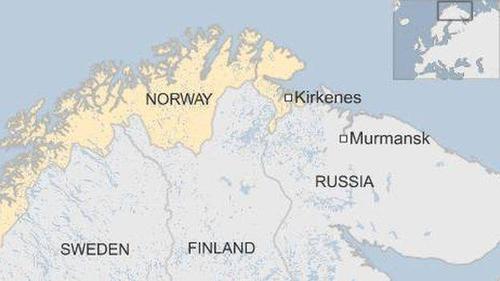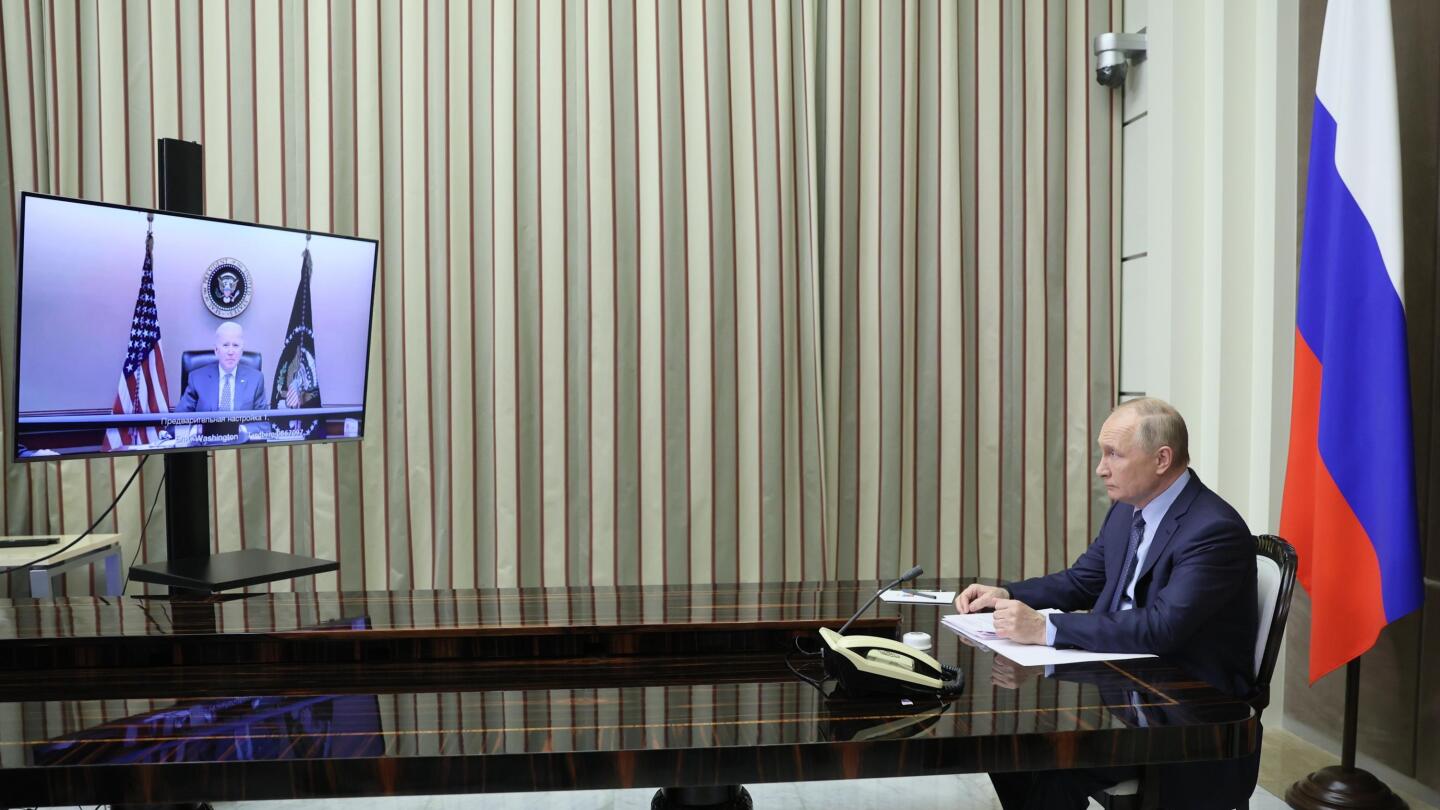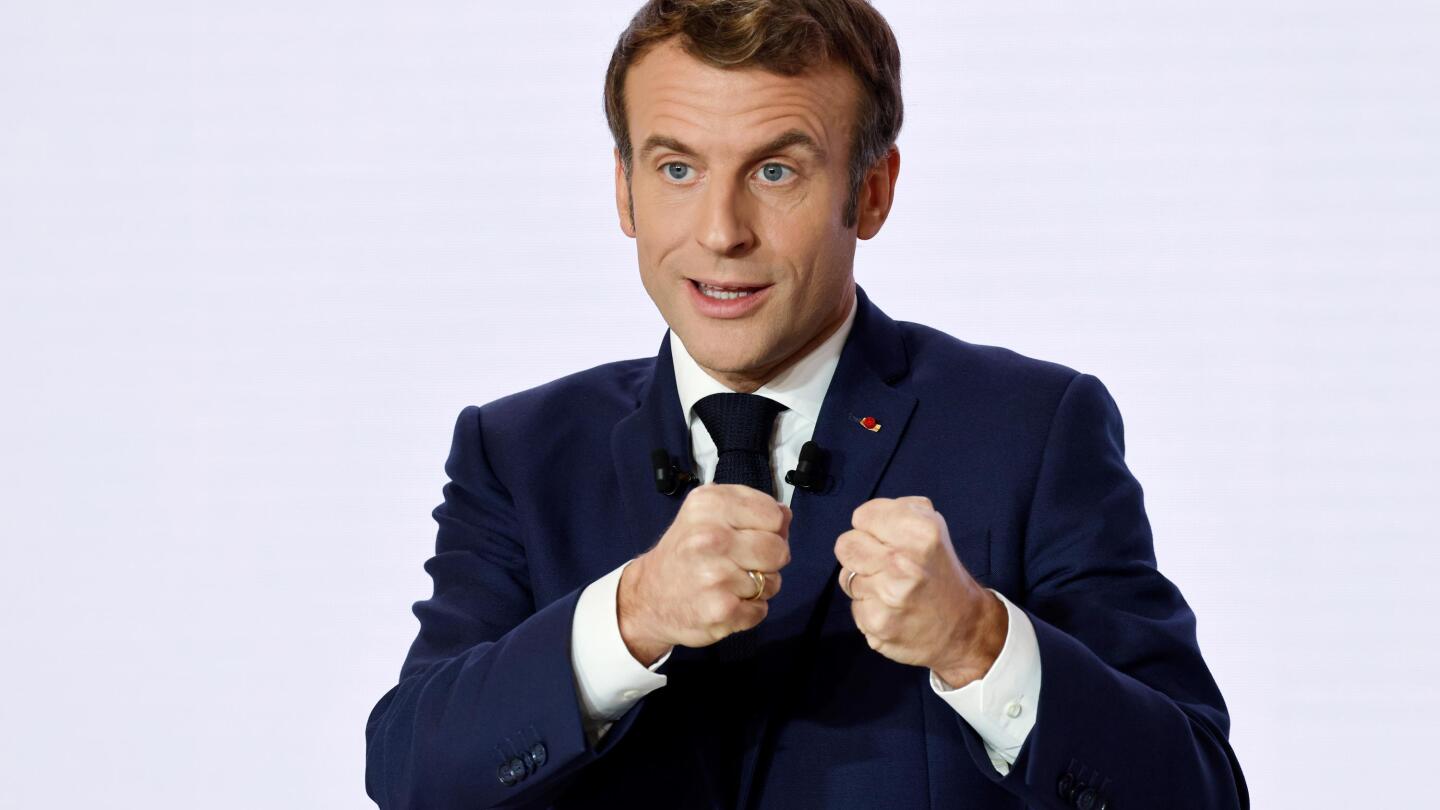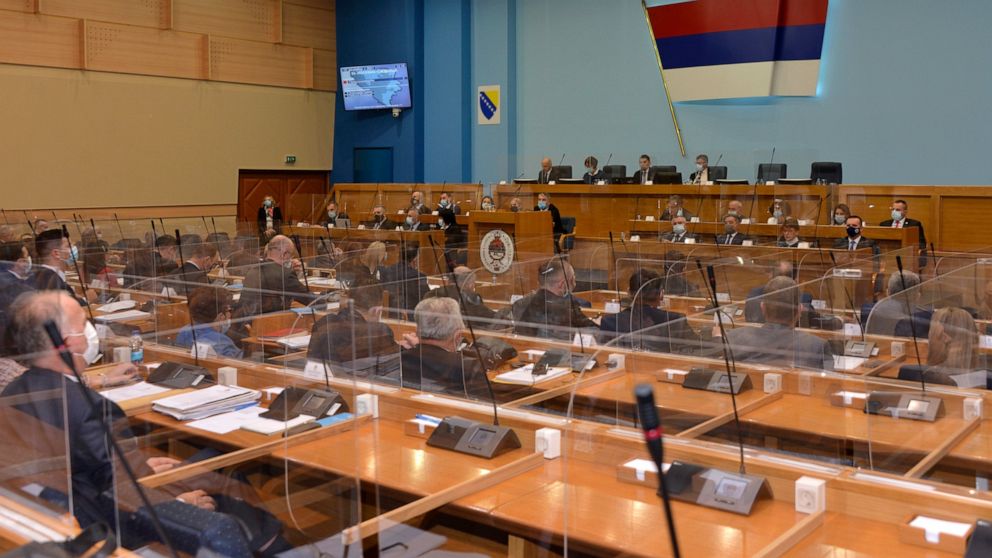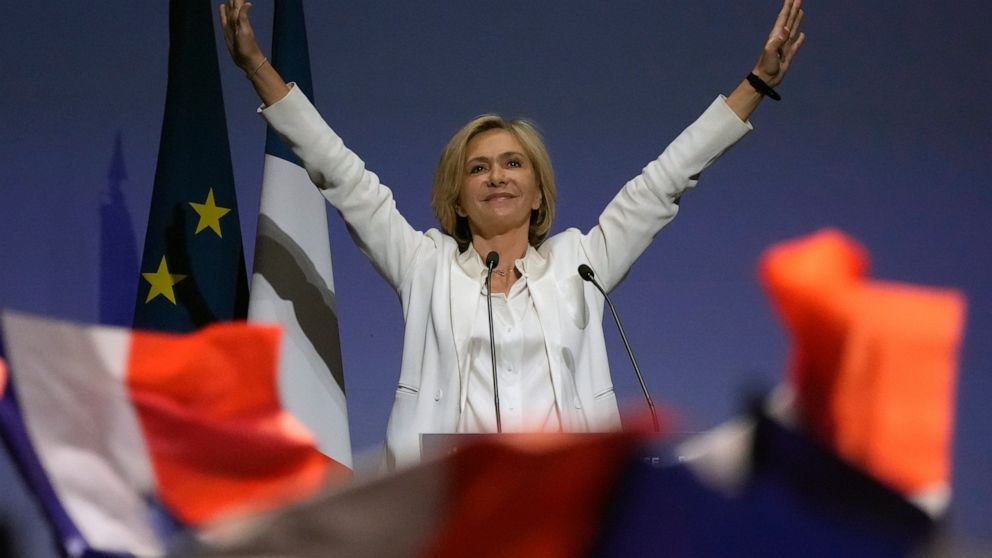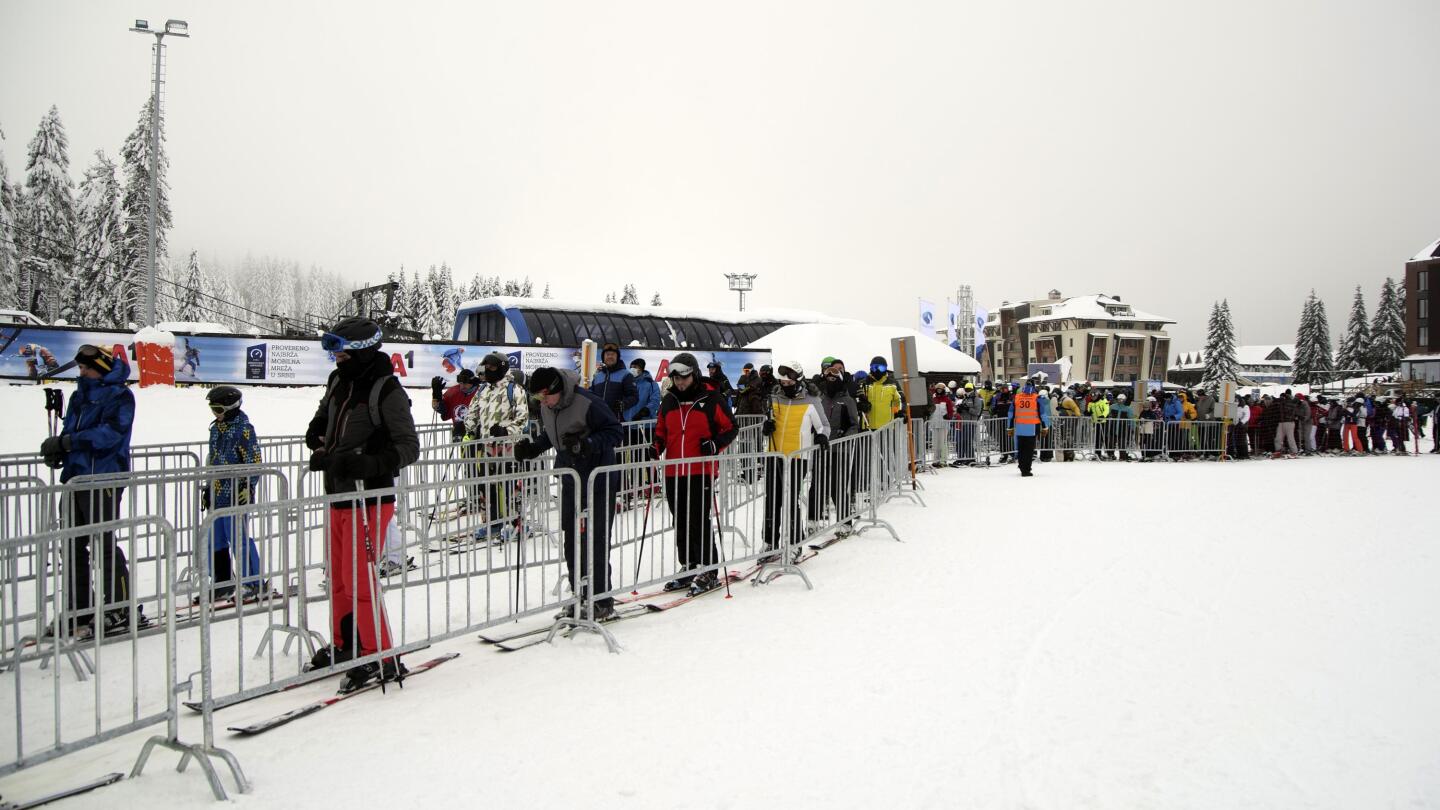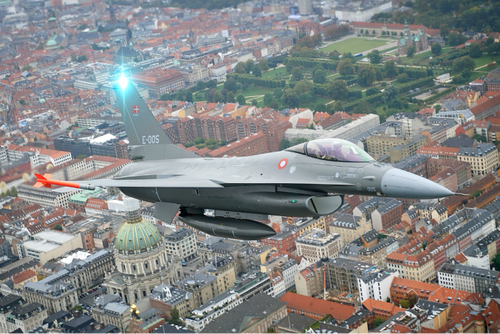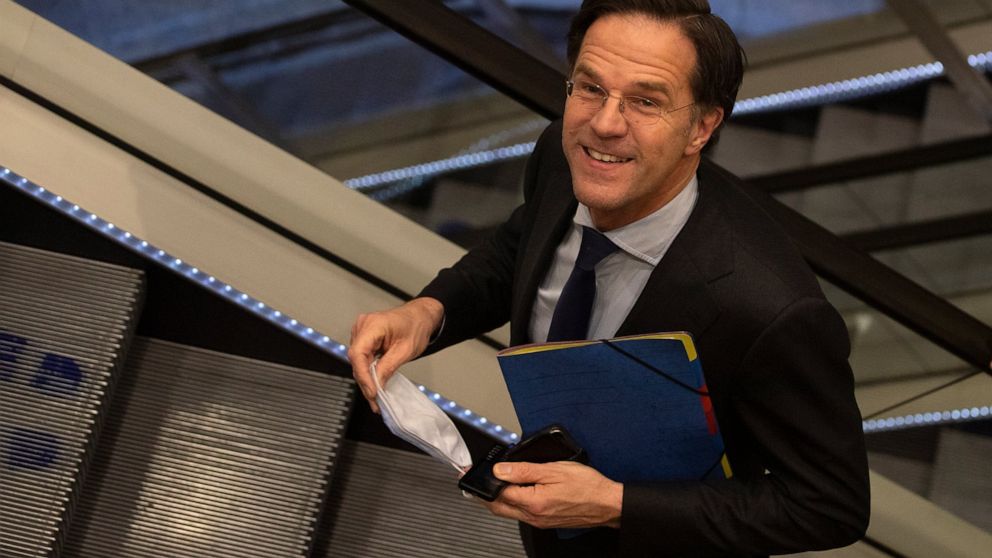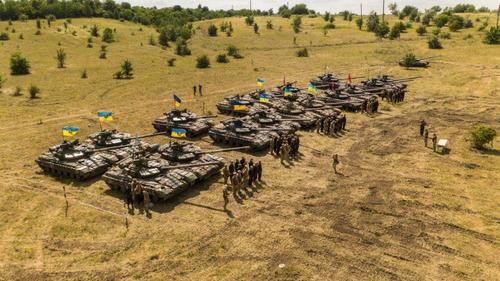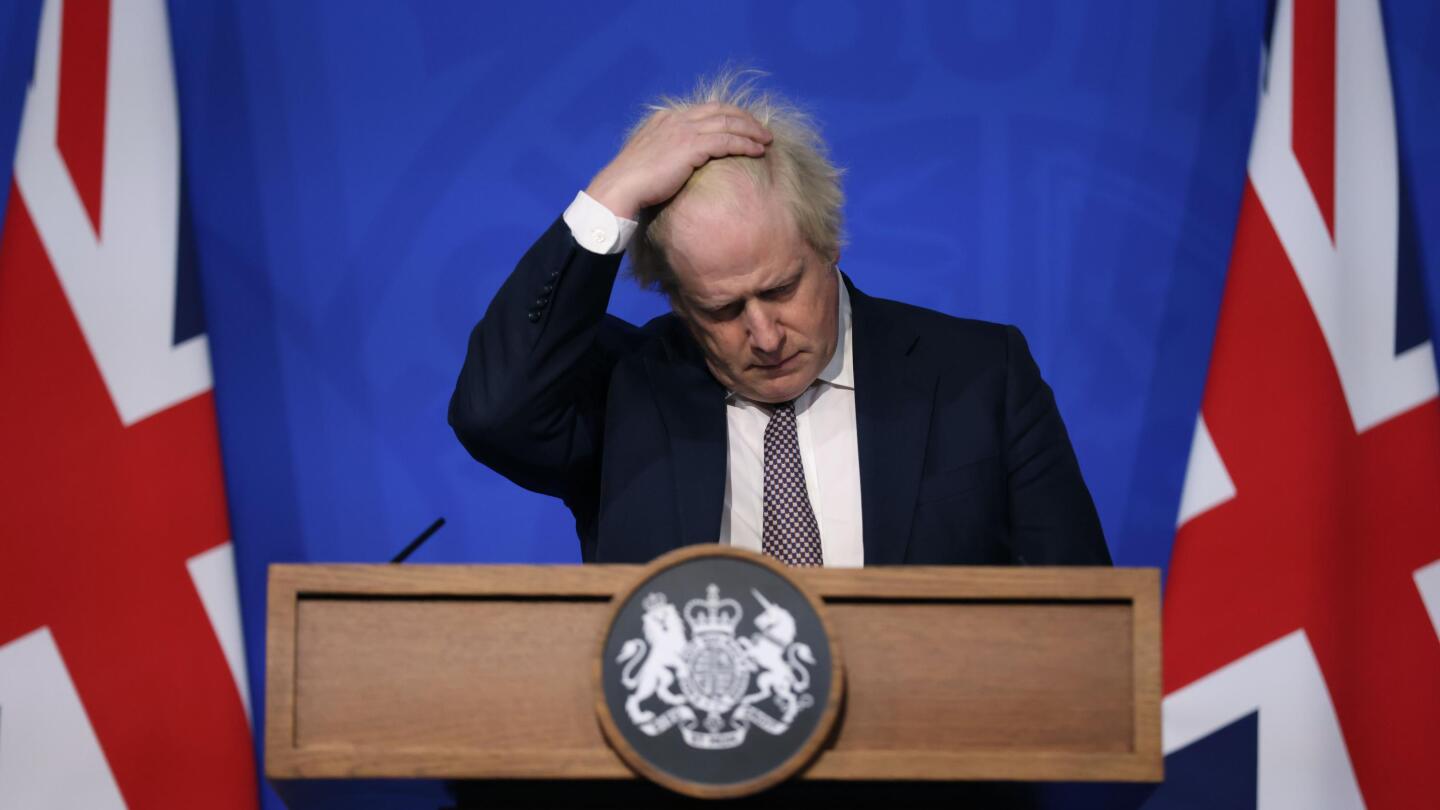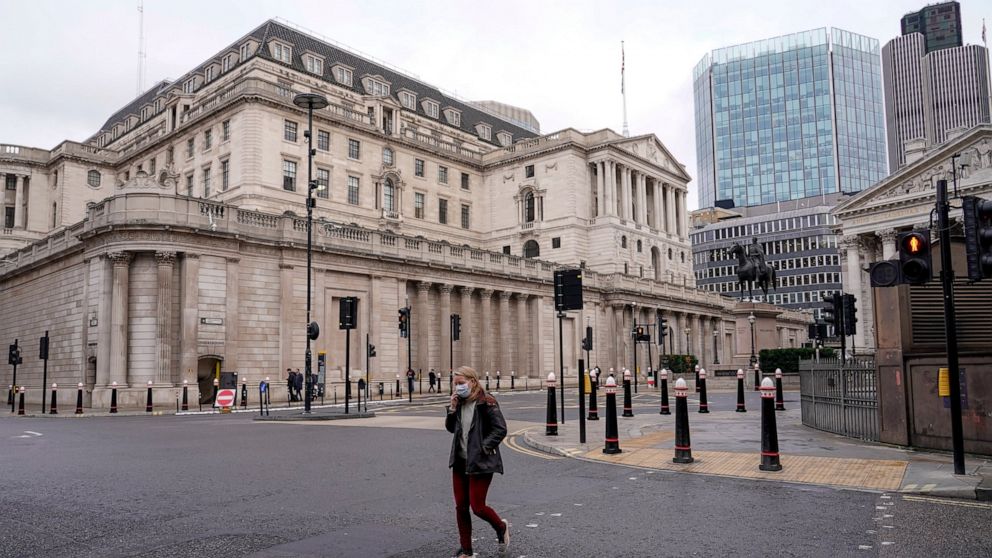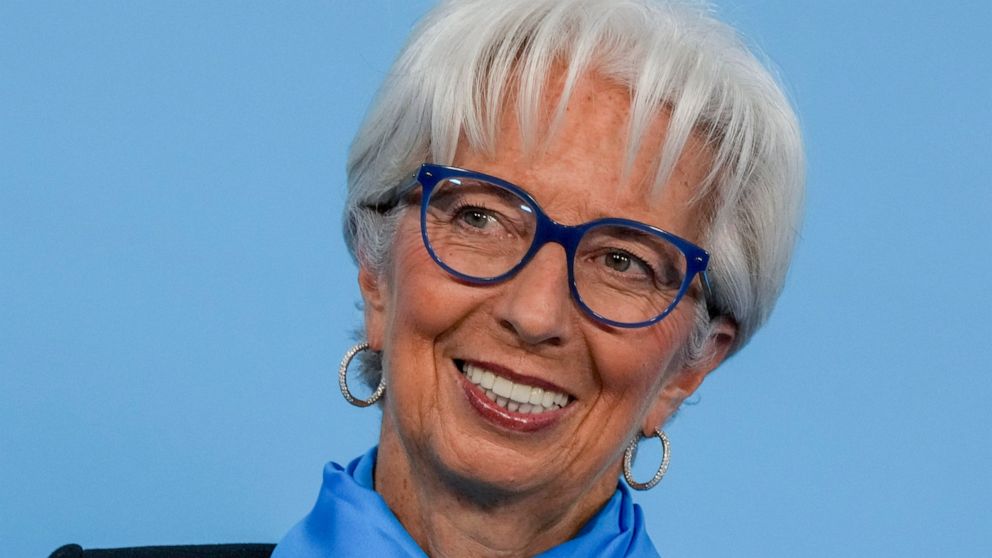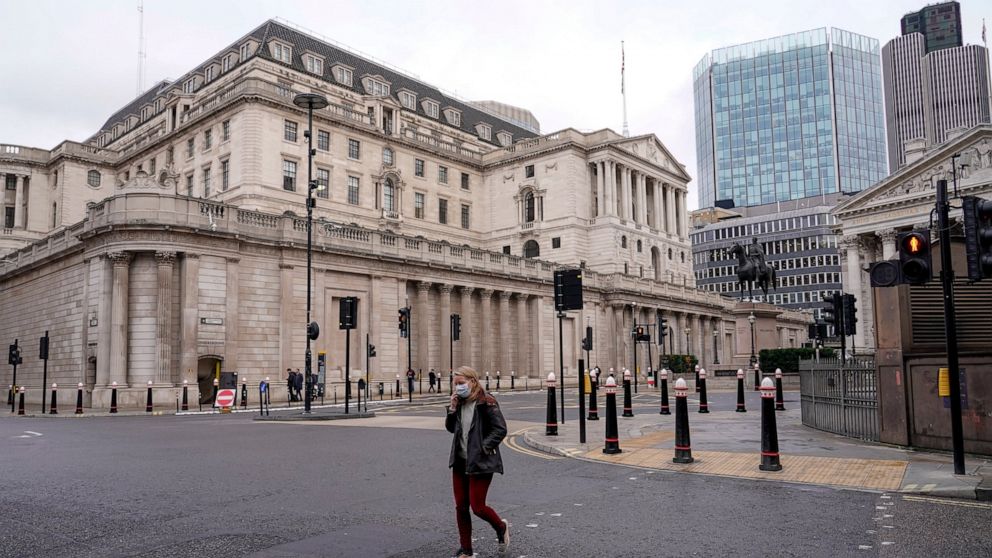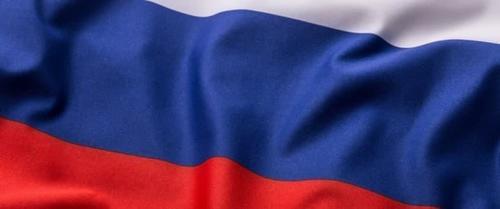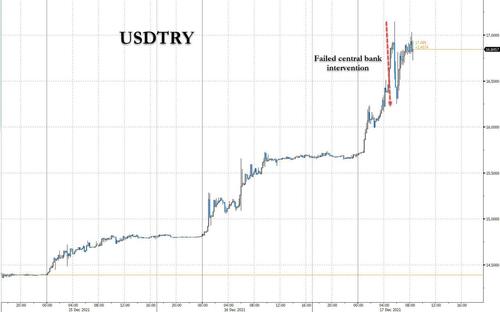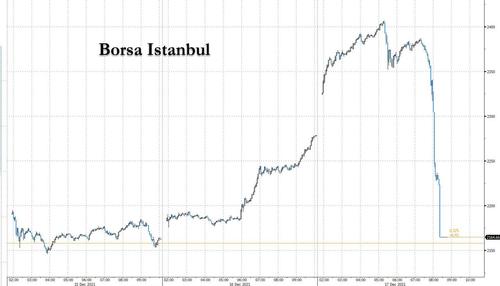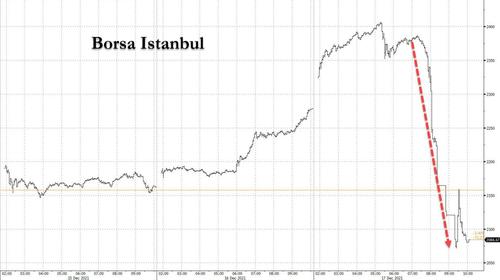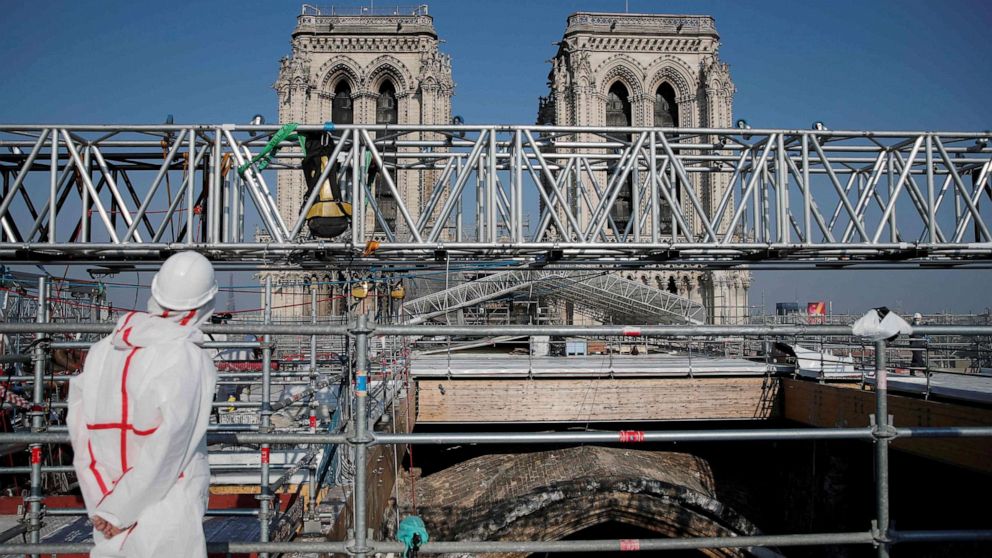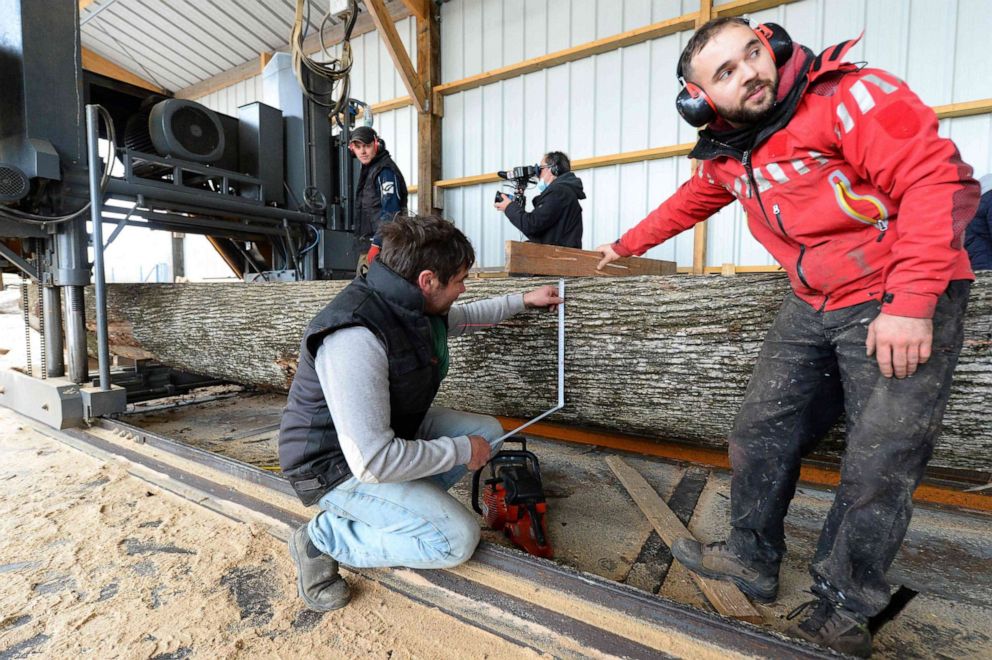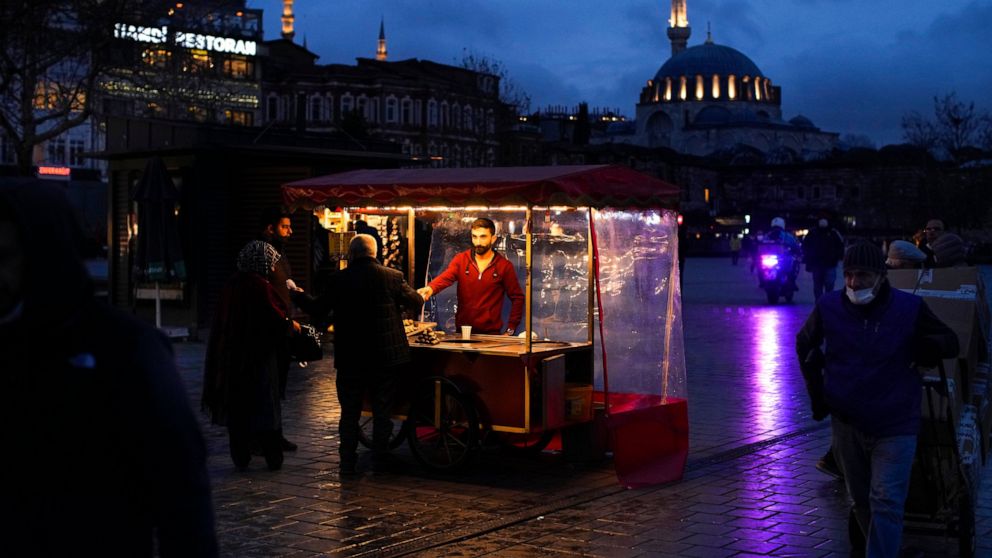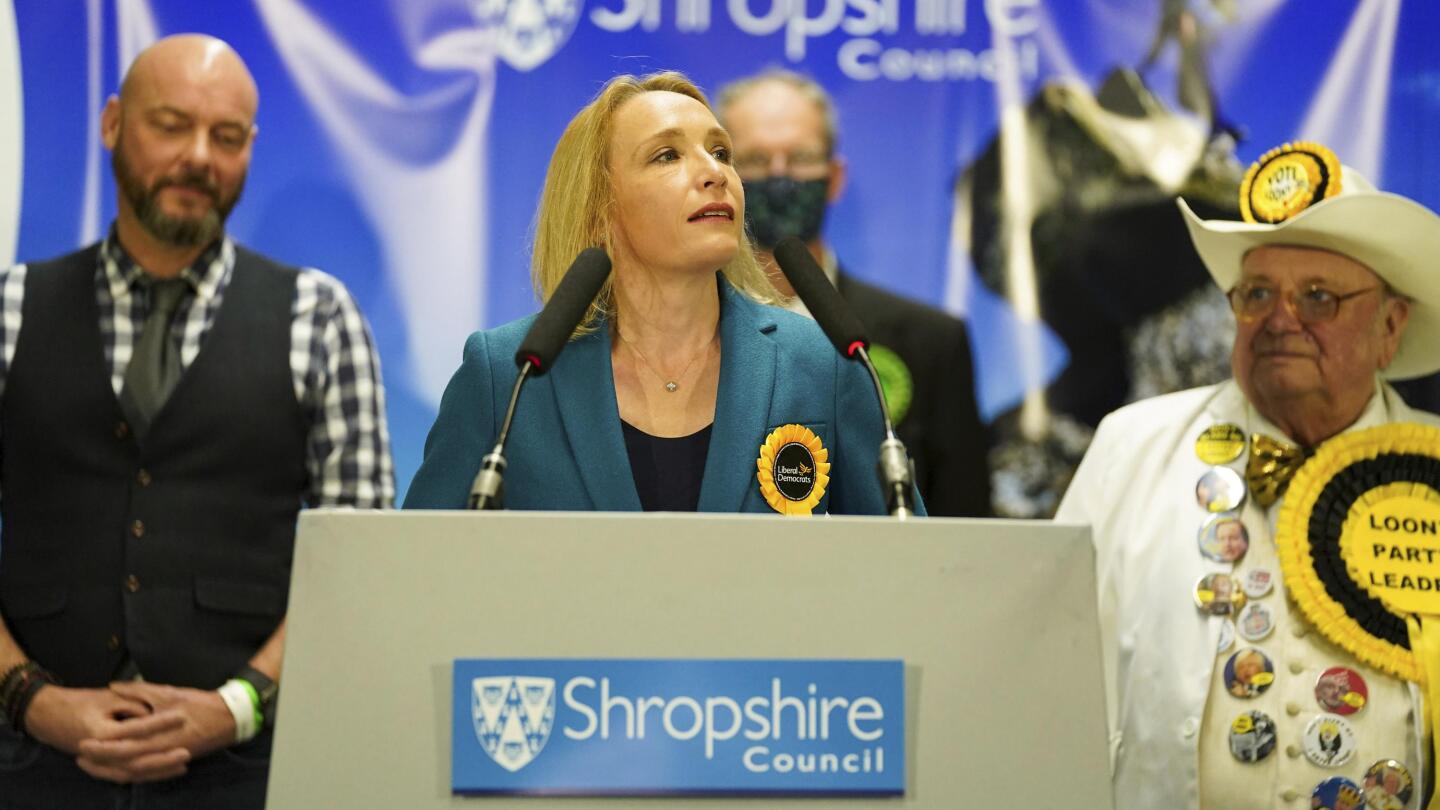Plain Jane
Just Plain Jane
November's thread:
 www.timebomb2000.com
www.timebomb2000.com
Regional Conflict in Mediterranean beginning page 76:
 timebomb2000.com
Main Coronavirus thread beginning page 1455:
timebomb2000.com
Main Coronavirus thread beginning page 1455:
 www.timebomb2000.com
www.timebomb2000.com
Ukraine thread:
 www.timebomb2000.com
www.timebomb2000.com
 www.zerohedge.com
www.zerohedge.com
Germany Falls Completely To Davos

BY TYLER DURDEN
THURSDAY, DEC 02, 2021 - 03:30 AM
Authored by Tom Luongo via Gold, Goats, 'n Guns blog,
If anyone was under any illusions that Germany wasn’t completely under the control of the Davos Crowd then I think this article from Politico should burn that perception into your retinas.
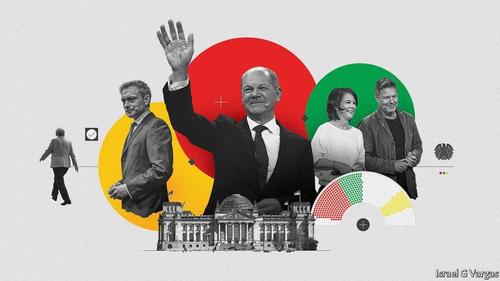
The article details what’s in the new German government’s agreement between the parties. It lays out the goals of the coalition as well as the roadmap for its policy priorities.
In short, this is literally a laundry list of everything Davos has been demanding and it ensures the complete neutering or submission of the FDP’s Christian Lindner to the Davos agenda.
I’m not going to go through them all point by point, the Politico article does that well enough.
What’s important here is that in light of the media release of OmicronVID-9/11 that the new German government is keen on serving its Davos masters agenda fully. Even though OmicronVID-9/11 looks to be the mildest and least interesting strain of COVID-9/11 that isn’t deterring European governments from announcing enforced vaccination programs, including from Germany’s new, fragile coalition.
This tweet confirms that Lindner fully caved here. New Chancellor Olaf Scholz and a majority of state Presidents are pushing this legislation into the Bundestag as I write.
Sadly, no one should really be surprised by this. While I hoped Lindner would be the thorn in Davos’ side in Germany, it doesn’t look that way at all. This cave was presaged by the ‘retirement’ of uber monetary hawk, Jens Wiedmann, as President of the Bundesbank ‘to spend time with his family.’
Yeah, pull the other one Jens, it plays “Jingle Bells.”
The best Lindner can do under the circumstances is slow the roll out of this but he won’t do it now unless this compulsory vaccination program pushes through the Bundestag and is deeply unpopular with German voters.
But, back to the coalition agreement. This is a document that reads like a German takeover of the entire continent. And I guess that was the bribe offered the FDP to go along with this.
On the surface it cements the idea that Germany is in charge of the EU’s evolution from a collection of independent states into a full political and fiscal union which supersedes all national government considerations. But, at the same time it will further erode any sovereignty left in Germany, as well as any other EU member state.
Davos is clear about what the plan here is, full evolution of the EU into a transnational bureaucratic superstate with zero direct accountability of its leadership to the people.
Expecting this coalition to back down, for example, on “Rule-of-Law” issues with Poland and Hungary is a fantasy. If anything, now Berlin is giving Brussels a blank check to go after these two countries harder than ever.
And the clincher to that argument is in these two provisions highlighted below:
This is simply a stalking horse for getting further political integration as the national governments still control who represents them on the Commission. Since, as we’ve seen time and again, Davos and the EU are in full control of the party apparatuses in each major country and the people’s loyalty so split up across five to seven parties in each of these countries, elections themselves are a complete joke since the coalitions that end up ruling look nothing like what the majority of the people actually voted for, c.f. Italy, Chechia, Austria.
Davos controls the governing coalitions in every country other than Hungary and Poland. This is an illusion of more democracy and furthering ‘European values’ while cementing total control within the Brussels bureaucracy.
The most insidious thing in the document to me is Germany’s call for ending unanimity within the European Council on foreign policy matters. This is where both Hungary and Poland have been able to fight off the worst advances by Brussels for years and retain some semblance of independence.
By holding EU foreign policy hostage multiple times in recent years, both countries have been able to slow down and/or force course corrections onto Brussels while retaining some semblance of their autonomy. These have been attrition moves by Prime Ministers Orban and Morawiecki hoping to outlast the EU while popular uprisings against Brussels matured.
But Poland has repeatedly betrayed its Visigrad neighbors with its virulent Russophobia which the Eurocrats and the British have used time and again to their advantage. The Poles continue to play footsie trying to play the EU off Russia to get what they want, but all that ends up happening is they bind themselves tighter in the EU’s geopolitical Chinese finger trap while alienating the Russians even further.
If the Germans are able to push this through, by the complete rewriting of the European Treaties as advocated by this coalition agreement, then during their time in office they will have completed the transformation of the EU into the EUSSR for all intents and purposes.
This agreement is worse than any version I could have expected given the FDP’s involvement in this. The pressure on Lindner must be immense and he likely went along with this, like many, hoping he can at least slow this down by withholding the purse strings.
With AfD not rallying into the September elections, there simply wasn’t the political will to oppose what is happening at this point. That may change in 2022 as things progress from here so German polling will bear very close scrutiny.
That said, I suspect this agreement will go down very well with German voters as it looks like one in which Germany’s power within the EU, which they are still overwhelmingly in favor of, expands greatly.
Notice, however, how quickly Olaf Scholz, the new Chancellor, after rejecting Merkel’s call for new lockdowns over COVID-19 last week and looking surprisingly independent, changed course with the release of OmicronVID-9/11 this week.
In the end, this is close to the government Davos wanted. The FDP can still be a wildcard here depending on how the polls in Germany shift over the next six months. But it looks pretty obvious at this point there is no will to move against the Davos agenda of crashing the European economy and destroying capital formation absent a full takeover of EU institutions first.
The dangerous buildup of tensions in Ukraine with Russia over the breakaway republics of the Donbass is inextricably linked to this shift in Germany’s governance. As are the wranglings over the Nordstream 2 pipeline, which the Scholz government is in favor of.
As always, the EU and Davos want Russia as their energy supplier but as a vassal not as a partner. If anyone is using Nordstream 2 as a political tool over the rest of Europe it is Germany, not Russia, as they will control the distribution of gas internally after Nordstream 2 is live, not Russia.
They will use that as a cudgel to get through many of these policy prescriptions. I am still convinced that Nordstream 2 will be live, delivering gas soon. It may take further negotiations to get it done but it will happen. Don’t discount Germany leaking the letter to the U.S. Congress lobbying them not to further sanction the pipeline because it will do irreparable damage to U.S./German relations.
Whether morons like Ted Cruz (R-TX) finally get this or not is still unknown. With the power vacuum at the top of the U.S. political system, where the Neocon Flying Monkeys are being allowed to bring us to the brink of a NATO war with Russia over Ukraine, all bets are off as to what happens next.
I still feel a real sovereign debt crisis is on the horizon and with FOMC Chair Jerome Powell putting the final nail in the coffin of the “transitory inflation” narrative, it’s clear that the U.S. political faction hostile to selling the country out to Obama and Davos are winning.
And because of this the new German coalition staking their flag in the ground saying, “if EU integration is going to happen, it’s going to happen somewhat on terms we control,” may actually be too little, too late.
Lindner may not be privy to everything going on here either. If he isn’t aware of the nuances at play it may explain why he went along with this insanity. Once he, like Powell and a few others here in the U.S., get a sense of what’s really going on, what the real plan is, he may pull out of this coalition during the height of the debt crisis in2022.
In fact, a collapse of this government could be the catalyst for the very debt crisis we’ve been preparing for.
But for now, I’d consider Germany Davos Occupied Territory completely and Germany as an economic powerhouse of any import a thing of the recent past.
INTL - Europe: Politics, Economics, Military - November 2021
October's thread is here: https://www.timebomb2000.com/xf/index.php?threads/europe-politics-economics-and-military-october-2021.608384/ Trouble Brewing in Ukraine thread beginning page 82: https://www.timebomb2000.com/xf/index.php?threads/trouble-brewing-again-in-ukraine.597099/page-82...
Regional Conflict in Mediterranean beginning page 76:
WAR - Regional conflict brewing in the Mediterranean
View: https://mobile.twitter.com/no_itsmyturn/status/1449850219131244553
CORONA - Main Coronavirus thread
He said the infected person came to San Francisco from South Africa and is experiencing "mild symptoms." Fauci also said the person is experiencing "mild symptoms" and is self-quarantining. Would note that the person came to San Francisco on Nov 22, and started quarantine today.
Ukraine thread:
ALERT - RUSSIA INVADES UKRAINE - Consolidated Thread
Both Xi the Merciless and Vlad the Impaler have taken our measure, in all aspects of American life and are licking their chops because they KNOW THEY CAN TAKE US DOWN. War is inevitable because the entire leadership class in the USA is simply too arrogant, ignorant, corrupt and incompetent to...
Zerohedge
ZeroHedge - On a long enough timeline, the survival rate for everyone drops to zero
Germany Falls Completely To Davos

BY TYLER DURDEN
THURSDAY, DEC 02, 2021 - 03:30 AM
Authored by Tom Luongo via Gold, Goats, 'n Guns blog,
If anyone was under any illusions that Germany wasn’t completely under the control of the Davos Crowd then I think this article from Politico should burn that perception into your retinas.

The article details what’s in the new German government’s agreement between the parties. It lays out the goals of the coalition as well as the roadmap for its policy priorities.
In short, this is literally a laundry list of everything Davos has been demanding and it ensures the complete neutering or submission of the FDP’s Christian Lindner to the Davos agenda.
I’m not going to go through them all point by point, the Politico article does that well enough.
What’s important here is that in light of the media release of OmicronVID-9/11 that the new German government is keen on serving its Davos masters agenda fully. Even though OmicronVID-9/11 looks to be the mildest and least interesting strain of COVID-9/11 that isn’t deterring European governments from announcing enforced vaccination programs, including from Germany’s new, fragile coalition.
This tweet confirms that Lindner fully caved here. New Chancellor Olaf Scholz and a majority of state Presidents are pushing this legislation into the Bundestag as I write.
Sadly, no one should really be surprised by this. While I hoped Lindner would be the thorn in Davos’ side in Germany, it doesn’t look that way at all. This cave was presaged by the ‘retirement’ of uber monetary hawk, Jens Wiedmann, as President of the Bundesbank ‘to spend time with his family.’
Yeah, pull the other one Jens, it plays “Jingle Bells.”
The best Lindner can do under the circumstances is slow the roll out of this but he won’t do it now unless this compulsory vaccination program pushes through the Bundestag and is deeply unpopular with German voters.
But, back to the coalition agreement. This is a document that reads like a German takeover of the entire continent. And I guess that was the bribe offered the FDP to go along with this.
On the surface it cements the idea that Germany is in charge of the EU’s evolution from a collection of independent states into a full political and fiscal union which supersedes all national government considerations. But, at the same time it will further erode any sovereignty left in Germany, as well as any other EU member state.
Davos is clear about what the plan here is, full evolution of the EU into a transnational bureaucratic superstate with zero direct accountability of its leadership to the people.
Expecting this coalition to back down, for example, on “Rule-of-Law” issues with Poland and Hungary is a fantasy. If anything, now Berlin is giving Brussels a blank check to go after these two countries harder than ever.
And the clincher to that argument is in these two provisions highlighted below:
Moreover, to sell this transformation into a depraved technocracy, the Germans will push for more direct democratic ‘elections’ across the entire bloc to decide on leadership within the European Commission. Look everyone! Democracy!More broadly, the three parties set the highly ambitious goal of changing the EU’s treaties. The deal says the ongoing Conference on the Future of Europe — a discussion forum for possible EU reforms — “should lead to a constitutional convention and the further development of a federal European state.” That stance won’t go down well in some other EU capitals like Warsaw or Budapest, which would likely veto any such moves.
On foreign policy and defense, the treaty demands a reform of the EU’s foreign policy division, the European External Action Service. And it pushes the EU to move away from requiring unanimity for all foreign policy moves — a barrier the bloc has struggled to overcome on basic matters like issuing statements on China’s crackdown in Hong Kong.
This is simply a stalking horse for getting further political integration as the national governments still control who represents them on the Commission. Since, as we’ve seen time and again, Davos and the EU are in full control of the party apparatuses in each major country and the people’s loyalty so split up across five to seven parties in each of these countries, elections themselves are a complete joke since the coalitions that end up ruling look nothing like what the majority of the people actually voted for, c.f. Italy, Chechia, Austria.
Davos controls the governing coalitions in every country other than Hungary and Poland. This is an illusion of more democracy and furthering ‘European values’ while cementing total control within the Brussels bureaucracy.
The most insidious thing in the document to me is Germany’s call for ending unanimity within the European Council on foreign policy matters. This is where both Hungary and Poland have been able to fight off the worst advances by Brussels for years and retain some semblance of independence.
By holding EU foreign policy hostage multiple times in recent years, both countries have been able to slow down and/or force course corrections onto Brussels while retaining some semblance of their autonomy. These have been attrition moves by Prime Ministers Orban and Morawiecki hoping to outlast the EU while popular uprisings against Brussels matured.
But Poland has repeatedly betrayed its Visigrad neighbors with its virulent Russophobia which the Eurocrats and the British have used time and again to their advantage. The Poles continue to play footsie trying to play the EU off Russia to get what they want, but all that ends up happening is they bind themselves tighter in the EU’s geopolitical Chinese finger trap while alienating the Russians even further.
If the Germans are able to push this through, by the complete rewriting of the European Treaties as advocated by this coalition agreement, then during their time in office they will have completed the transformation of the EU into the EUSSR for all intents and purposes.
This agreement is worse than any version I could have expected given the FDP’s involvement in this. The pressure on Lindner must be immense and he likely went along with this, like many, hoping he can at least slow this down by withholding the purse strings.
With AfD not rallying into the September elections, there simply wasn’t the political will to oppose what is happening at this point. That may change in 2022 as things progress from here so German polling will bear very close scrutiny.
That said, I suspect this agreement will go down very well with German voters as it looks like one in which Germany’s power within the EU, which they are still overwhelmingly in favor of, expands greatly.
Notice, however, how quickly Olaf Scholz, the new Chancellor, after rejecting Merkel’s call for new lockdowns over COVID-19 last week and looking surprisingly independent, changed course with the release of OmicronVID-9/11 this week.
In the end, this is close to the government Davos wanted. The FDP can still be a wildcard here depending on how the polls in Germany shift over the next six months. But it looks pretty obvious at this point there is no will to move against the Davos agenda of crashing the European economy and destroying capital formation absent a full takeover of EU institutions first.
The dangerous buildup of tensions in Ukraine with Russia over the breakaway republics of the Donbass is inextricably linked to this shift in Germany’s governance. As are the wranglings over the Nordstream 2 pipeline, which the Scholz government is in favor of.
As always, the EU and Davos want Russia as their energy supplier but as a vassal not as a partner. If anyone is using Nordstream 2 as a political tool over the rest of Europe it is Germany, not Russia, as they will control the distribution of gas internally after Nordstream 2 is live, not Russia.
They will use that as a cudgel to get through many of these policy prescriptions. I am still convinced that Nordstream 2 will be live, delivering gas soon. It may take further negotiations to get it done but it will happen. Don’t discount Germany leaking the letter to the U.S. Congress lobbying them not to further sanction the pipeline because it will do irreparable damage to U.S./German relations.
Whether morons like Ted Cruz (R-TX) finally get this or not is still unknown. With the power vacuum at the top of the U.S. political system, where the Neocon Flying Monkeys are being allowed to bring us to the brink of a NATO war with Russia over Ukraine, all bets are off as to what happens next.
I still feel a real sovereign debt crisis is on the horizon and with FOMC Chair Jerome Powell putting the final nail in the coffin of the “transitory inflation” narrative, it’s clear that the U.S. political faction hostile to selling the country out to Obama and Davos are winning.
And because of this the new German coalition staking their flag in the ground saying, “if EU integration is going to happen, it’s going to happen somewhat on terms we control,” may actually be too little, too late.
Lindner may not be privy to everything going on here either. If he isn’t aware of the nuances at play it may explain why he went along with this insanity. Once he, like Powell and a few others here in the U.S., get a sense of what’s really going on, what the real plan is, he may pull out of this coalition during the height of the debt crisis in2022.
In fact, a collapse of this government could be the catalyst for the very debt crisis we’ve been preparing for.
But for now, I’d consider Germany Davos Occupied Territory completely and Germany as an economic powerhouse of any import a thing of the recent past.
Last edited:



